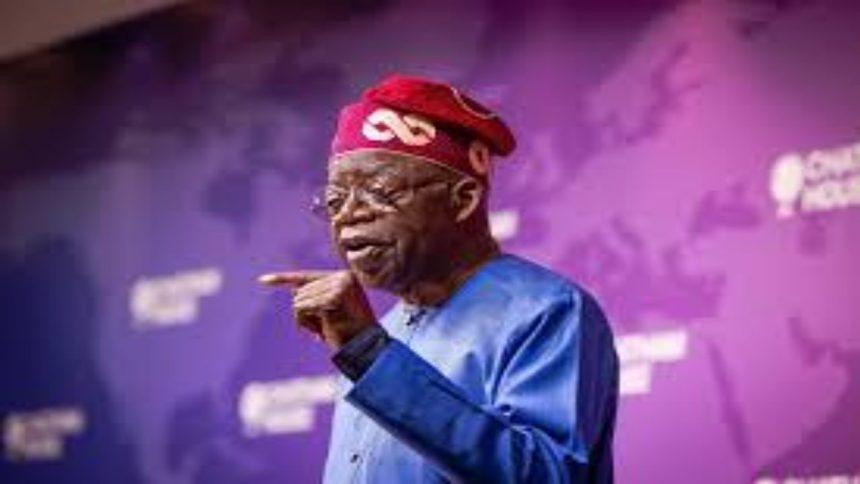President Bola Tinubu has indicated plans for his administration to introduce consumer credit schemes aimed at facilitating Nigerians’ purchase of cars.
This initiative is part of the recently approved Consumer Credit Policy, which has allocated about N100 billion to help workers acquire cars and other essential products.
The announcement was made by Ajuri Ngelale, the presidential spokesperson, during a meeting with the African Association of Automotive Manufacturers and the Nigerian Automotive Manufacturers Association, led by Doris Uzoka-Anite, Minister of Industry, Trade, and Investment.

The President, represented by Femi Gbajabiamila, Chief of Staff to the President, assured the delegation of his commitment to Nigeria’s industrialization, citing the various policies implemented under his administration.
READ ALSO: President Tinubu Launches African Counter-Terrorism Summit in Abuja
Ngelale emphasized the importance of locally-manufactured vehicles meeting high-quality standards to complement the government’s efforts in revitalizing the automotive industry.
He also highlighted the President’s call for affordable vehicles that cater to all segments of the Nigerian population, especially in light of the upcoming consumer credit program.
The delegation included the Director-General of the National Automotive Design and Development Council (NADDC) and representatives from the Nigerian Airspace Management Agency (NAMA), as well as Executive Directors from Stallion Group, Toyota/CEAO, and NISSAN.
READ ALSO: Tinubu’s Renewed Hope Agenda working in Abuja – Wike insists
The visit aimed to update President Tinubu on efforts to commence local manufacturing of vehicles and spare parts in Nigeria. They also disclosed that a legislative bill to drive the automotive industry is currently being drafted and reviewed by the Federal Ministry of Justice.
The associations stressed the industry’s potential to create significant employment opportunities for Nigerian youths and reduce the country’s dependence on foreign exchange.



